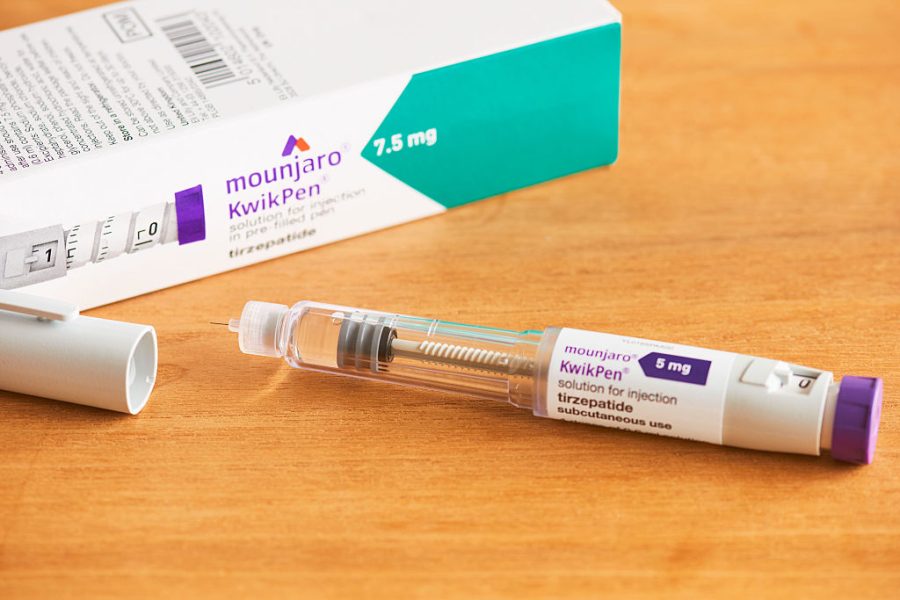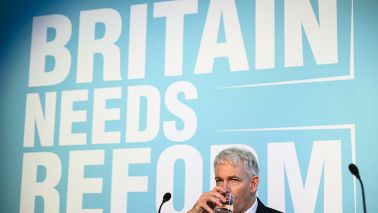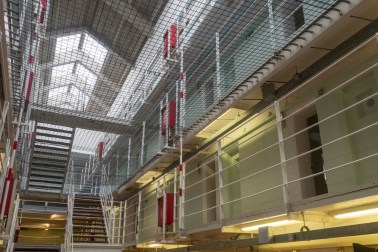If you need to lose a few pounds after enjoying the French or Italian food a little too much on your summer holiday, there might soon be a problem. The cost of one of the new weight loss drugs that has become so popular in recent months is about to get a lot more expensive. The American drugs giant Eli Lilly doubling the price of Mounjaro in the UK.
The price of one diet pill does not make a great deal of difference. The trouble is, the decision was prompted by President Trump’s determination to make the cost of medicines a lot fairer between the United States and the rest of the world. This is going to end up costing Britain, along with many other countries, a lot of money.
President Trump has made a big issue of the huge differences in drug prices
Eli Lilly will be increasing the British price of Mounjaro, the most popular and effective weight loss injection, from £92 for a medium-sized dose to £180, and from £122 to £330 for a stronger version. The reason is simple. President Trump, with his typically blunt language, complained about how a friend of his brought ‘the fat drug’ in London at a far lower price than in the US despite being ‘the same box made in the same plant by the same company’.
More broadly, President Trump has made a big issue of the huge differences in drug prices between the US and other countries. He has imposed tariffs that could go as high as 250 per cent to force the major pharmaceutical companies to bring their manufacturing onshore and lower prices for American patients. Eli Lilly’s response, quite rationally, has been to increase the price in the UK to start to close the gap and keep the President happy.
Eli Lilly won’t be the last pharmaceutical company to do this. Truth be told, President Trump has a point about the unfairness of drug prices in his country. On average, medicines cost 2.7 times more in the US than they do in the rest of the world. That might make sense for poor countries, but it is hard to see why developed economies in Europe, the Gulf or Asia should pay so much less for medicines than America does.
In effect, the US subsidises the rest of the world, paying for the huge cost of research while the rest of the world gets drugs at far less than they would otherwise cost. But if that is rebalanced, medicines will inevitably get a lot more expensive, both for private patients and in time for the NHS as well. Given that the UK spends £34 billion a year on pharmaceuticals and that £19 billion of that comes from the NHS, that is going to be a very big bill – and one that we can barely afford.






Comments